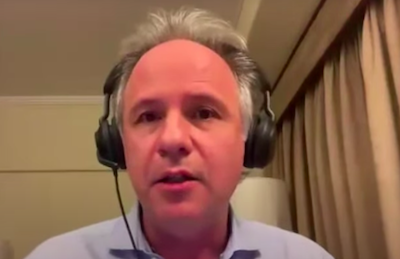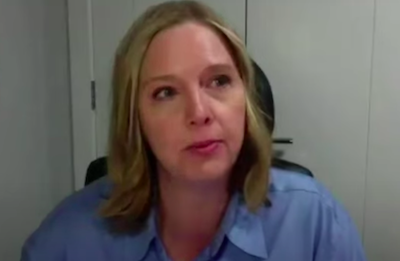A small cluster of anti-Israel activists protested outside the Jewish Community Centre of Greater Vancouver last week, apparently assuming incorrectly that an Israeli diplomat was in the building. Regardless of the motivations, the protest was against the law. And police did not enforce the law.
In May of last year, the provincial government passed Bill 22, the Safe Access to Schools Act, which includes provisions known as “bubble zone” legislation. The law prohibits protests that could interfere with or threaten students in schools or engaged in formal school activities off school premises. In other words, if there is a class field trip, say, to the Vancouver Aquarium, it would be illegal for protesters against cetacean captivity to protest there.
Students from King David High School routinely use the gymnasium and other facilities at the JCC. They were there when the protesters were outside. And there was another formal program taking place in the building involving elementary school students. In other words, the law set out under Bill 22 was undeniably broken. (The existing legislation affects only public and private elementary and secondary schools, so the fact that there is a permanent childcare facility in the JCC does not mean protests of the premises are universally prohibited.)
This is a relatively new law, less than a year old, but, of course, police are required to be aware of legislation as it emerges or is amended. It was not, for example, the responsibility of the JCC or others in the building to notify the police that the law was being broken.
At a minimum, police should have ascertained whether there were school programs happening at the JCC and, discovering that there were, informed the protesters that they were in contravention of Bill 22 and ordered them to disperse.
One can agree or disagree with the law, based on free expression. But the law exists and the protesters were breaking it.
This incident speaks to a larger problem.
In recent years, there has been discussion about the need to address online hatred and harassment. Last year, a federal online harms proposal, known as Bill C-63, met with concerns on civil liberties grounds and underwent significant amendments, including being broken into two separate bills. Both bills died on the order paper when the federal election was called last month.
As commentators pointed out during that debate, Canada already has laws prohibiting expressions of hatred and harassment. Should it matter whether those expressions happen online or in person? And, while elected officials are busy passing new laws, existing laws that might remedy the problems they are trying to address are going unenforced.
There are problems in our legal system. Occasionally, police will defend their actions (or inaction, as the current case may be), complaining that when they recommend charges to the prosecution service, the prosecution service does not pursue them.
In turn, prosecutors sometimes contend that courts, too often, do not convict. In each case, it is an example of one level of the system blaming the one above for inaction.
While governments need to step gently and seriously around the danger of political interference in policing, prosecution and the judiciary, it is unequivocally governments – primarily provincial and federal – who have the responsibility for setting guidelines around things like hate speech and harassment. Governments need to send a message to police, prosecutors and courts that we, as a society, take these issues seriously. We do not send that message when a clear breach of the law results in no consequences whatsoever.
From the perspective of the Jewish community, what happened at the JCC last week may have been the first test of Bill 22’s efficacy. It was a failure.
Considering that clear violation of provincial law, British Columbia’s Attorney General Niki Sharma has an obligation to explain what went wrong. She would also do well to reiterate (or iterate) that the government takes seriously harassment of Jewish students. (Harassment of the broader Jewish community is also a serious concern, but there seems to be a societal consensus that young people deserve greater protections from this sort of behaviour.)
If police will not enforce the law because they do not believe prosecutors will press charges, we need to address, as a society, this problem in the system. If prosecutors will not act because they have been dissuaded by courts that won’t convict, then we need to educate the judiciary or amend the laws.



